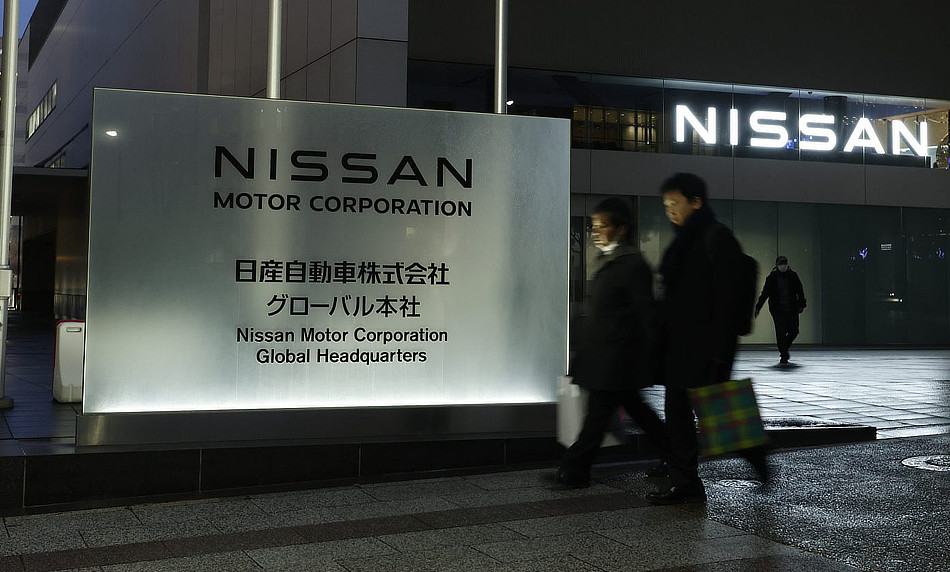Nissan Motor’s announcement of more than 10,000 additional job cuts, bringing the total to approximately 20,000, or 15% of its global workforce. The company, facing a staggering net loss of up to 750 billion yen (over $5 billion) for the fiscal year, largely due to impairment charges, is responding not by rethinking its business model or executive decisions, but by shedding thousands of jobs across the globe.
This is not an isolated event, but a pattern: when profits fall, corporations seek to “correct” the imbalance not by sacrificing dividends or executive bonuses, but by cutting jobs.
But Nissan’s problems run deep, as Chinese competitors outclass and outperform the company at nearly every level. As consumer preferences shift, Nissan has struggled to keep pace, and its relevance continues to decline.
The company appears to have no meaningful solution up its corporate sleeves, and its chronic underinvestment is rapidly snowballing into steep financial losses and potential long-term decline. As always, the decisions made by a few at the top have very real consequences for many at the bottom.
The company, as of now, refuses to comment. That silence, too, speaks volumes.







